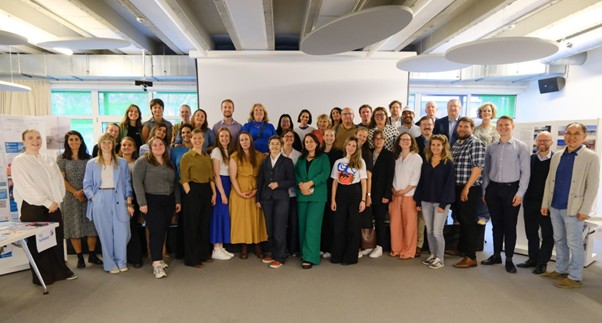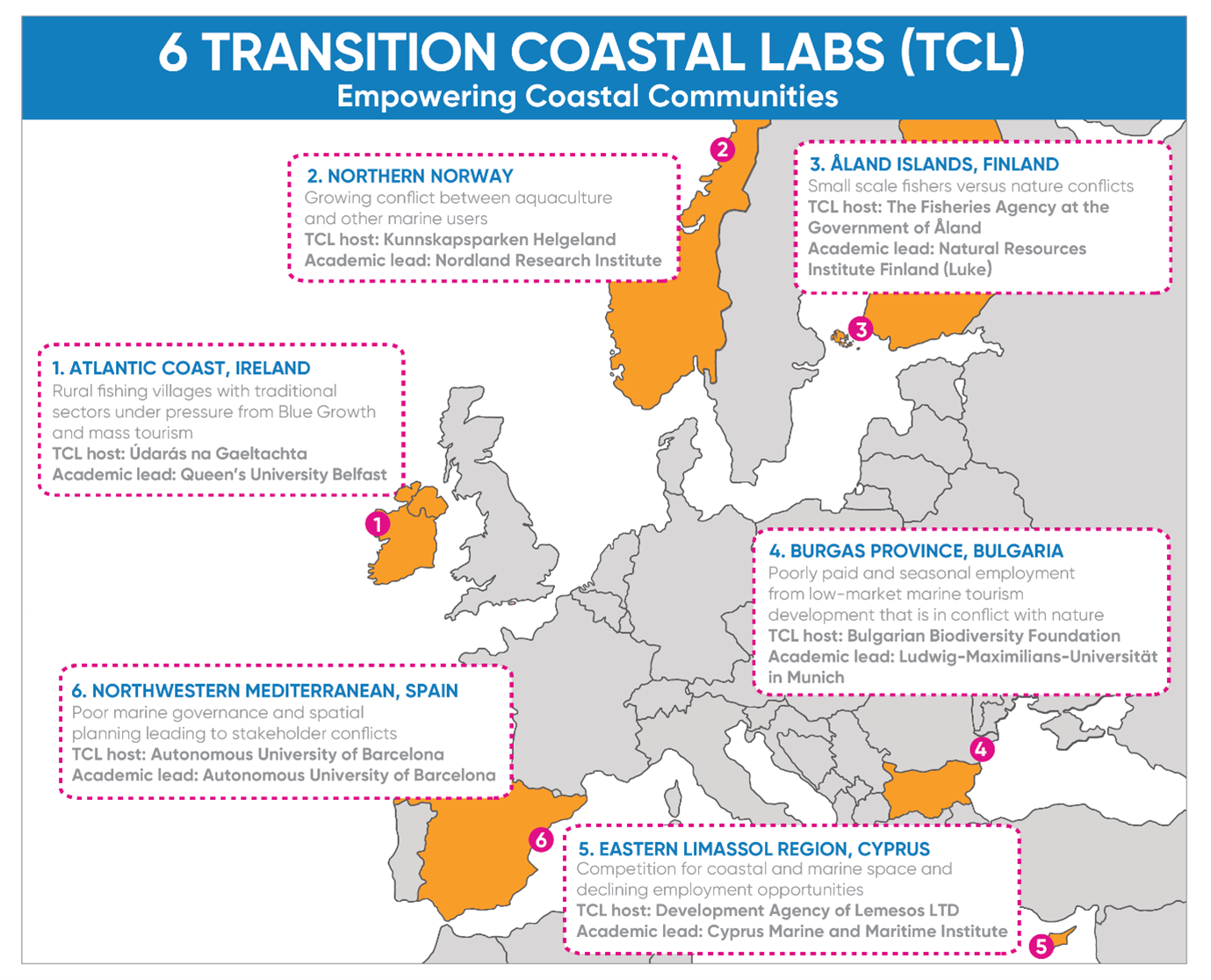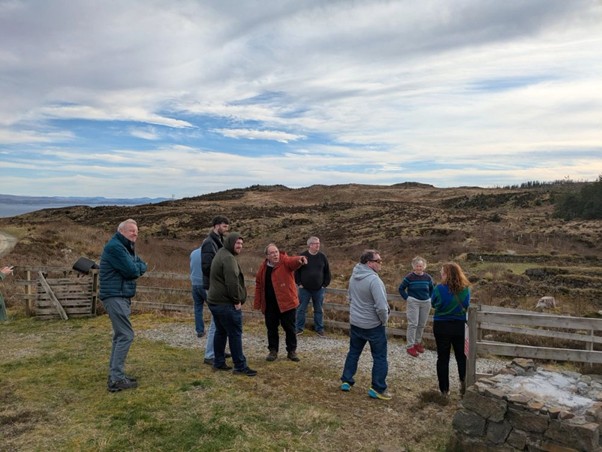EmpowerUs brought together researchers and coastal communities to find solutions to local challenges
Coastal communities face a range of interconnected challenges including from extreme weather, increasing pressure from tourism and urban development, and the erosion of traditional and cultural practices. Alex Miller describes the work of EmpowerUs.

Adapting to these fast-changing dynamics has often proven difficult, especially in regions where economic, environmental, and social priorities intersect. Recognising the complexity of these issues, the EmpowerUs Project sought to support coastal communities in developing integrated, flexible, and community-led solutions. Funded by Horizon Europe, EmpowerUs brought together researchers and communities across six Transition Coastal Labs (TCLs), designed to support local transitions through co-creation and knowledge exchange. One of these labs was based on Ireland’s Atlantic coast, in Connemara and the Aran Islands, with ENSGOV members Prof. Wesley Flannery, Prof. Brendan Murtagh, and Alex Miller as the academic leads.

This region is Ireland’s largest Gaeltacht (Irish-speaking) area, a place rich in linguistic and cultural heritage, but one that also faces challenges such as youth emigration, seasonal employment, and competing interests from marine industries and tourism. As Blue Growth developments such as aquaculture and renewable energy have grown, so too have questions around who decides the future of the coast, and how those decisions impact coastal communities.
To address these challenges, the Irish TCL, hosted by Údarás na Gaeltachta (ÚnaG), piloted a Social Enterprise Support Programme aimed at strengthening the social economy and community and cooperative sector across the Gaeltacht. QUB played a key role in supporting this initiative through research, capacity-building workshops, and transnational knowledge exchange.
One of the most impactful moments of the project came in April 2025, during a learning visit to Scotland, organised by ÚnaG and QUB. The trip brought together nine participants from Connemara and the Aran Islands, alongside Queen’s researchers, to engage with community organisations in Inverness and on the Isle of Skye.

Over several days, the group met with organisations such as Community Energy Scotland, Bòrd na Gàidhlig, Sabhal Mòr Ostaig, and the Sleat Community Trust. These meetings focused on how Scottish communities are using social enterprises, asset-based development, and Gaelic language revitalisation to build resilient rural economies. For participants from Ireland, the parallels were striking; both regions share deep-rooted identities, linguistic heritage, and the challenges of peripheral geographies.
Alongside field visits and exchanges, Queen’s researchers also developed the ASSETS Manual, a practical guide for communities exploring social enterprise. Through technical support, feasibility planning, and digital upskilling, the Irish TCL helped lay foundations for long-term community resilience.
Now that EmpowerUs has concluded, its legacy continues, not just in policy recommendations or project outputs, but in the strengthened confidence of local leaders, the emergence of new community initiatives, and the enduring relationships forged through collaboration. For QUB, the project reaffirmed the value of engaged, interdisciplinary research and the university’s role in supporting sustainable, community-led change along our coasts.
Link to EmpowerUs Website: https://empowerus-project.eu/
Link to ASSETS Manual: https://empowerus-project.eu/assets/
Media
Professor Wesley Flannery
